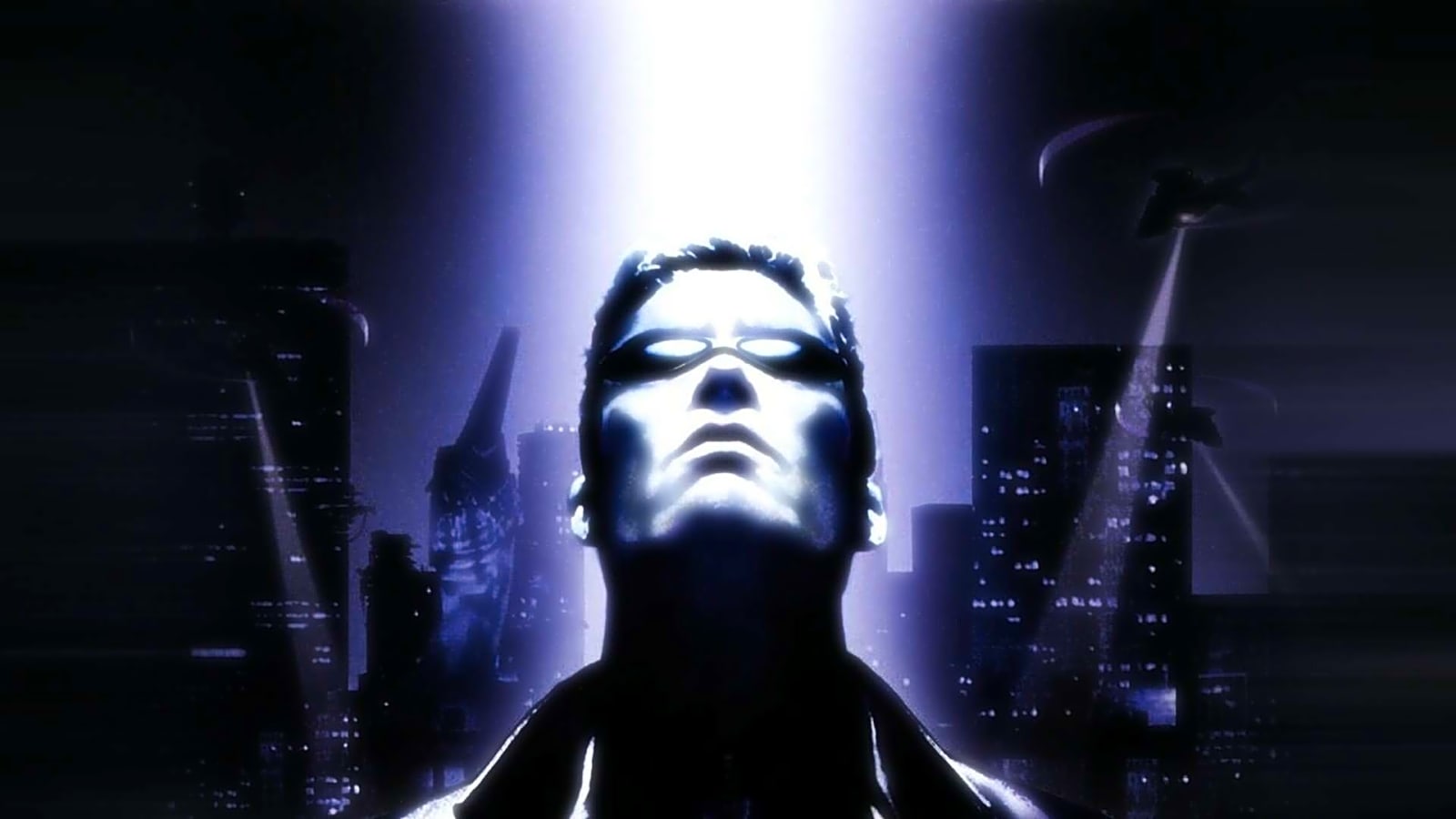
Ah, the trusty audio log. Whether you’re venturing through some derelict space station, piecing together the tragic backstory of its crew, or just casually scavenging for ammo, these little nuggets of plot have become the bread and butter of video game storytelling. But have you ever stopped mid-loot spree and thought, “Wait, who the heck decided this was the best way to narrate anything anyway?” Turns out, we can thank the chaotic brainstorming sessions at Looking Glass Studios for that one. Well, mostly Marc LeBlanc and his “lightbulb” moment that led to System Shock’s iconic audio diary system.
The Origin of the Audio Log and its Avoidance of Awkward RPG Dialogue Trees
Why Audio Logs?
Picture this. It’s the early ’90s, and Looking Glass Studios is trying to work out how to inject RPG-like depth into System Shock, without the whole thing devolving into what we now affectionately call “awkward dialogue trees.” You know the ones—those painfully clunky menus where you pick a dialogue option only to have NPCs drone on like they’re prepping for a public speaking gig. Marc LeBlanc himself pointed out how jarring it would feel in a world otherwise trying to simulate “realistic” immersion.
Their genius solution? “Why not just kill everyone and leave behind their diaries?” Notebooks are passé, but audio logs? Now that’s futuristic, baby. Listening to crew members narrate their hopes, gripes, and tragic final moments while trudging through blood-smeared corridors? Perfect. Bonus points if the macabre commentary plays over your head while you mid-sprint from killer cyborgs.
The Legacy of the “Dead Man’s Podcast”
Once System Shock nailed it, every developer wanted in on the action. Games like Bioshock, Dead Space, and even Fallout adopted the audio log as a key storytelling crutch. Why? They’re efficient. Audio logs work wonders for layering exposition without ripping you out of the game’s pacing. You’re in control (listening during quieter moments… or letting it ramble in the background while you juggle firefights and fragile health bars).
And narratively? Audio logs drip with drama. Who wouldn’t want to eavesdrop on the crumbling psyche of a doomed scientist trapped with malfunctioning AI or overly ambitious zombie viruses? It’s like Found Footage Cinema, but for gamers. A whole narrative delivered second-hand through hastily recorded confessions? Yeah, sign us up.
How Audio Logs Dodge RPG “Cringe”
Okay, video game dialogue trees aren’t inherently bad. But most RPGs back in the day struggled to make branching conversations feel… alive? Immersive narratives often stalled the second you’d enter static NPC convos packed with three lifeless dialogue options like:
- Ask about their tragic backstory.
- Demand money for no reason.
- Mysteriously flirt via vague, cryptic line.
Marc LeBlanc & co realized players needed more freedom. Removing “chat-dialogue entirely” was their version of flipping RPG tropes on their head. Essentially, players wouldn’t be “forced to make choices explaining the world,” but instead got fragments, scattered out there for them to find and process at will. Want to obsess over in-game lore? Go nuts. On a speed run and couldn’t be bothered with someone’s pre-death moaning? Skip it.
“The beauty,” as LeBlanc once quipped, “lies in leaving it up to gamers’ curiosity.” Ironically, withholding control somehow gave players more control.
From Innovative to Overplayed
Granted, audio logs are often misused these days (yes, we’re glaring at you, any rushed AAA release between 2008-2015). Overloading a game’s map with 150 “collectibles” at random just for filler, with narration that adds nothing interesting? Exactly how you cheapen their original charm. Worse, some devs just copy-paste their formats without honoring what made the first System Shock experiments great.
Why Audio Logs are Still Gold
That said, it’s hard to argue they’ve overstayed their welcome entirely. Properly handled, audio diaries still add depth, intrigue, and sometimes hilariously dark humor (Bioshock’s smug surgeon monologues, anyone?). Plus, their modern evolution includes choice-packed mechanics that cater to an even wider range of playstyles. Some folks stop and hit “pause life” for emotional narrative bombs. Others? They listen to chaotic screaming NPC backstories mid-battle.
Visit Total Apex Gaming for more game-related news.
More must-reads:
- Paul Skenes' recent struggles open door for Phillies aces in NL Cy Young race
- Three teams that should take a flier on Odell Beckham Jr. for the 2025 season
- The '2023 NFL AP second-team All-Pro' quiz
Breaking News
Trending News
Customize Your Newsletter
 +
+
Get the latest news and rumors, customized to your favorite sports and teams. Emailed daily. Always free!








